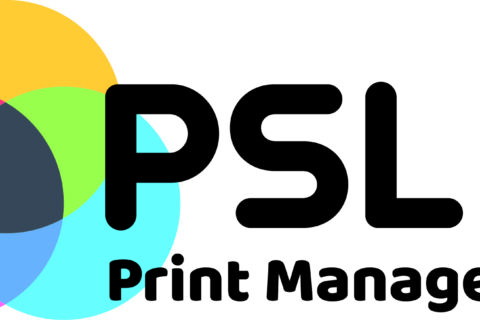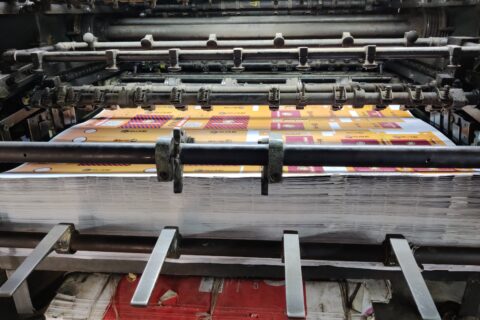Why Labelling is Vital for DIY Suppliers and Retailers

If you’re in the business of producing, supplying, or retailing timber or DIY-related products, the importance of proper labelling cannot be overstated. Not only does it guide customers in understanding what they are purchasing and using, but it also significantly enhances the efficiency and effectiveness of your business operations. The role of DIY product labelling is critical in conveying essential information and promoting safe usage of these products.
Given that some DIY store products can be hazardous if used incorrectly, effective timber labelling and adherence to DIY store labelling best practices are of paramount importance. Different products are suited for different tasks, and correct labelling is key to ensuring that customers achieve the desired outcomes safely and effectively.
The DIY and Home Improvements Market: A Statistical Insight
Post-Covid-19, there has been a notable increase in DIY activity, particularly online, as people spend more time improving their homes and gardens. This trend highlights the growing relevance of brand identity through labelling in the DIY sector. Some key statistics illustrating this include:
- The UK’s leading role in European DIY activities.
- An annual consumer expenditure of £6.68 billion on tools and equipment for house and garden in the UK.
- A significant 52% of individuals in the UK engaging in DIY tasks in 2019.
Leveraging Labelling for Enhanced Customer Engagement in DIY Retail
In the specialised world of DIY goods, finding the right product is crucial. Clear, informative labelling can greatly improve customer experience, guiding them to the correct choice for their specific DIY projects. This is especially vital in ensuring that customers do not end up with inappropriate products, which can lead to frustration, returns, and even safety concerns.
The Practical Advantages of Durable Adhesive Labels
Products like timber, which are often sold without outer packaging, benefit immensely from durable adhesive labels. These labels provide clarity and ease for customers in identifying the right product, aid store staff in directing customers more effectively, and contribute significantly to a more efficient retail environment.
Enhancing Brand Presence through Strategic Labelling
In the competitive DIY market, developing a strong brand presence is crucial. Labels for timber products, which may often appear generic, can be designed to highlight differences in quality, sourcing, and production. Thoughtful label design can elevate a brand’s identity, fostering customer trust and repeat purchases.
Balancing Information and Aesthetics in Product Labelling
Combining practical information with strong brand design and identity is a key aspect of effective labelling. This involves integrating essential elements like barcodes with clear, attractive product descriptions, thereby strengthening the product’s appeal on the shelf.
Adding Value with Informative Labels
Labels can also add significant value to products by including useful information about product use, care, and storage. This type of information is highly valued by consumers looking for reasons to choose one product over another.
Durability: A Key Feature of DIY and Timber Product Labels
Labelling for DIY and timber products needs to be durable, weatherproof, and user-friendly. Many DIY products are displayed outdoors, requiring labels that can withstand environmental elements like rain and temperature variations. Water and tear-resistant labels ensure that crucial information is preserved.
Hague: Expertise in High-Quality Labelling Solutions
At Hague, we specialise in working with DIY manufacturers, suppliers, and retailers to create top-quality labels for their products. With our extensive experience spanning over 30 years, we offer customised labelling solutions that cater to the unique needs of your business.
Contact us to discover how our expert labelling solutions can boost your product’s market presence and brand identity.















